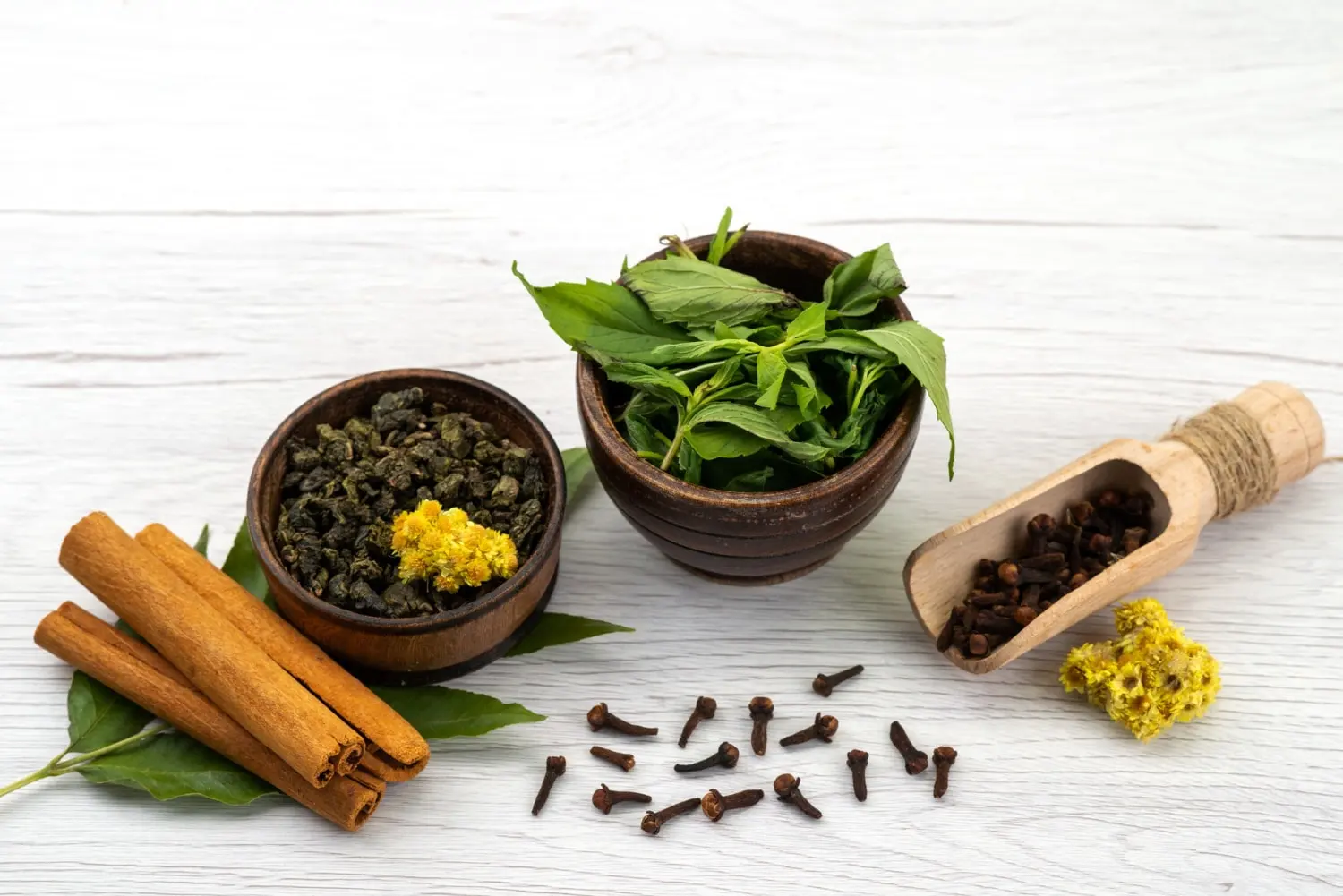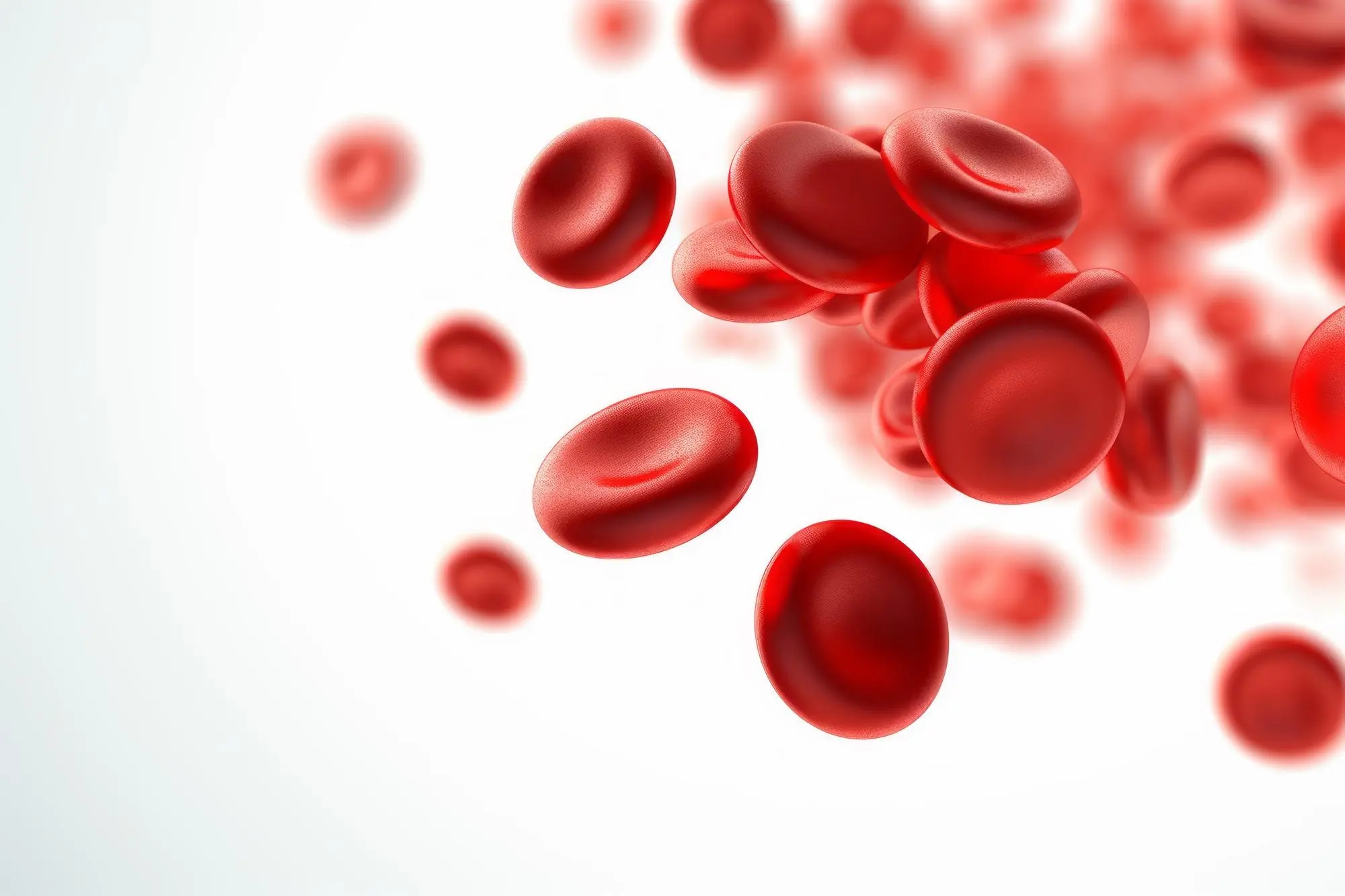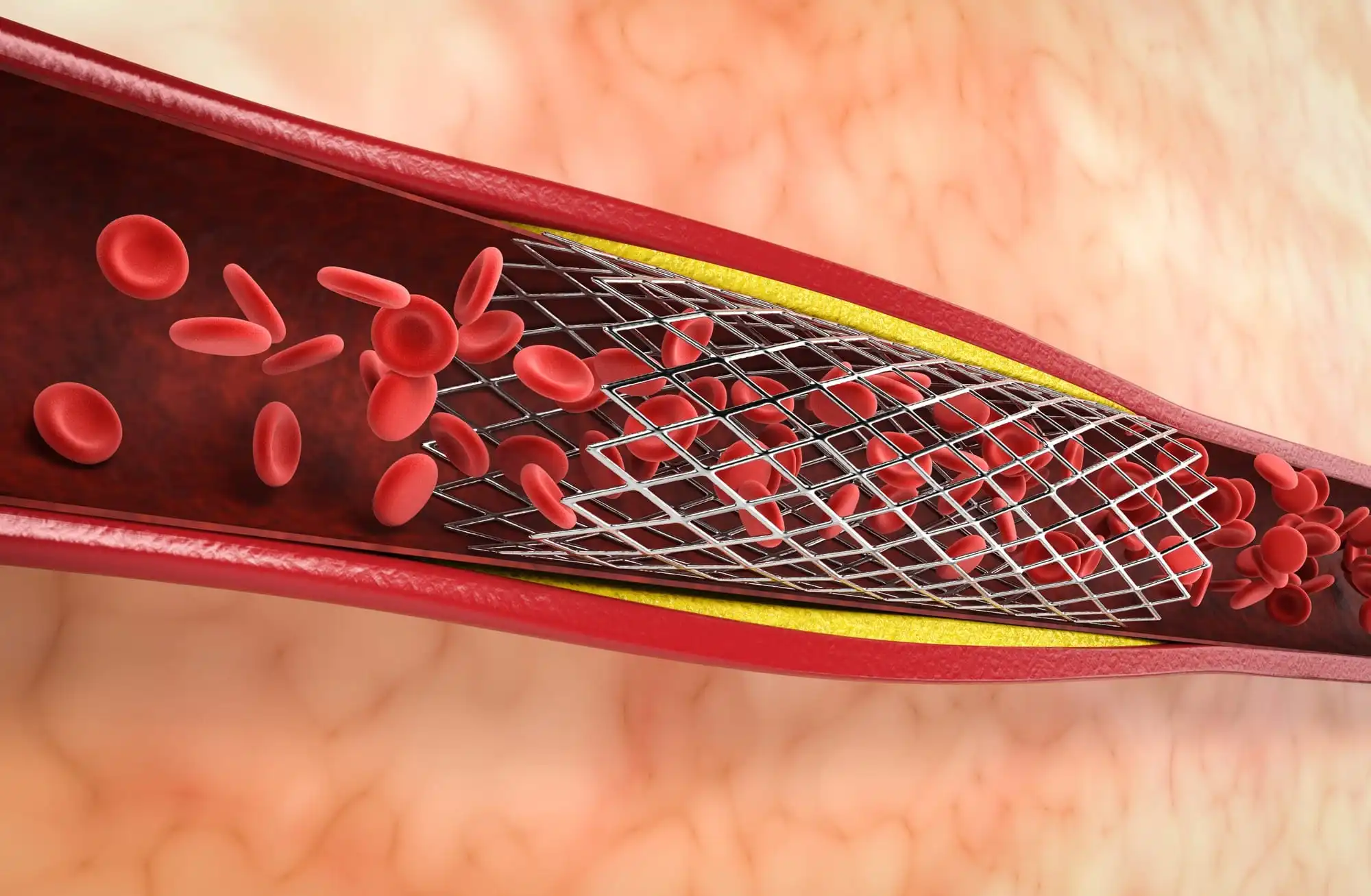Medically reviewed by Dr Pooja Shah – Naadi Vaidya
The liver plays a crucial role in detoxifying the body, processing cholesterol, hormones, and metabolizing various substances. However, another organ, the gall bladder, is equally vital for these processes. The gall bladder is a small, pear-shaped pouch located below the liver on the right side of the abdomen. Its main function is to store and concentrate bile, a yellowish-brown digestive enzyme synthesized by the liver, which aids in smooth digestion. Unfortunately, one of the most common ailments affecting this organ is gallstones, also known as cholelithiasis. Gallstones are hardened lumps of bile that form in the gall bladder, primarily caused by high cholesterol levels in bile or other factors such as excess bilirubin or improper bile drainage.
In Ayurveda, gallstones are referred to as “Pittashmari,” where “Ashmari” means stones and “Pitta” represents the imbalanced Pitta dosha related to bile in the gall bladder. The condition arises when surplus Kapha dosha combines with the features of Pitta in the viscous bile, leading to its transformation into a dry and hardened form. This imbalance triggers various symptoms, including lethargy, heaviness in the abdomen, and a decline in the digestive fire known as “Agni.”
Ancient ayurvedic texts like Charaka Samhita, Ashtanga Hridaya, and Sushruta Samhita not only explain the pathology of gallstones but also provide numerous natural remedies to balance the doshas and address cholelithiasis. The remedies primarily involve two categories of potent herbs known as cholagogues and choleretics. Cholagogues activate the gall bladder, causing it to contract and release excess bile into the intestines, while choleretics stimulate the liver to secrete more bile and prevent cholesterol accumulation. The rich information in Ayurveda offers a wide array of cholagogue and choleretic herbs to treat gallstones effectively. In this article, we will explore the Ayurvedic remedies that can effectively treat gallbladder stones, focusing on causes, symptoms, and various treatment modalities.
Causes of Gallbladder Stones:
Gallstone formation can be attributed to several factors, especially prevalent in women. These include:
- Hormonal Changes: The use of contraceptive pills, hormone replacement therapy for menopause symptoms, or pregnancy can contribute to gallstone formation.
- Fasting: Irregular fasting or skipping meals can cause bile to stagnate and crystallize in the gallbladder.
- Gall Bladder Malfunction: If the gallbladder fails to drain out bile into the intestines correctly, it can lead to stone formation.
- High Cholesterol Levels: Excess cholesterol in the bile released by the liver can promote the development of gallstones, as bile usually separates and helps in the proper functioning of the liver and other digestive organs.
- Bilirubin Imbalance: Conditions like cirrhosis of the liver and certain blood disorders can cause the liver to produce more bilirubin than necessary, leading to gallstone formation.
- Thickened Bile: In case the gallbladder releases excessively thick bile, it can contribute to the formation of stones.
- Weight Imbalance: Both being overweight or underweight can lead to gallbladder malfunctions and the appearance of gallstones.
Symptoms of Gallbladder Stones
Gallstones can cause various symptoms, with pain being the most common one. Pain typically occurs in the upper right abdomen, back, and shoulder and may intensify after consuming fatty or deep-fried foods. Other symptoms include:
- Dark Urine
- Clay-colored Stools
- Abdominal Pain
- Burping
- Diarrhea
- Jaundice (Yellowish tint in the skin or eyes)
- Nausea or Vomiting
- Recurring Pain below the Right Rib Cage after eating.
- Ache between the shoulder blades
- High Fever with Chills
- Indigestion, Heartburn, and Gas
Ayurvedic Perspective on Gallbladder Stones
In Ayurveda, maintaining a healthy digestive system is fundamental to overall well-being. Proper digestion is considered the cornerstone of good health, and any imbalances in the digestive process can lead to various health issues, including gallbladder stones. Ayurveda focuses on balancing the three doshas – Vata, Pitta, and Kapha – to ensure optimal digestive function.
Gallbladder stones are primarily associated with an imbalance in the Pitta dosha. Pitta represents the fire element and governs digestion and metabolism. Excessive Pitta can lead to the formation of toxins and the accumulation of undigested waste (ama) in the gallbladder, contributing to stone formation.
Ayurvedic Treatments for Gallbladder Stone Dissolution:
1. Lifestyle Changes:
Ayurveda recommends certain lifestyle changes to prevent and treat gallstones by improving digestion, reducing inflammation, and detoxifying the liver and gallbladder:
- Drinking plenty of water helps flush out toxins and maintains the bile fluid. Ayurveda suggests drinking at least 8 glasses of warm or lukewarm water daily.
- Fasting or skipping meals prevents bile stagnation and crystallization in the gallbladder. Regular meals should be consumed at fixed times, preferably three times a day.
- Eating light and easily digestible foods, rich in fiber, vitamin C, calcium, and B vitamins, is advised. These foods include whole grains, fruits, vegetables, pulses, legumes, low-fat dairy products, herbs, and spices.
- Foods that trigger gallstone formation, such as those high in fat, cholesterol, refined carbohydrates, canned and packaged foods, caffeine, alcohol, oxalate-rich foods, seeds, and nuts, should be avoided or limited.
- Regular exercise and meditation can stimulate gallbladder and liver functions, improve blood circulation, balance doshas, and enhance the digestive fire. Yoga asanas are beneficial for gallbladder and liver health include dhanurasana (bow pose), bhujangasana (cobra pose), ardha matsyendrasana (half spinal twist pose), pavanamuktasana (wind-relieving pose), shalabhasana (locust pose), etc.
2. Diet
Ayurveda suggests a diet low in fat and cholesterol, high in fiber, and rich in vitamin C, calcium, and B vitamins to prevent and treat gallstones. Beneficial foods include:
- Whole Grains: Incorporate whole grains like oatmeal, whole wheat bread, brown rice, and quinoa into your diet. These fiber-rich choices aid in digestion and can help prevent gallstone formation.
- Fruits: Enjoy a variety of fruits like custard apple, pears, grapes, watermelon, and apples. They are packed with vitamin C and fiber, promoting gallbladder health and reducing the risk of gallstones.
- Vegetables: Add gourds, turnips, radishes, and carrots to your plate. These low-fat vegetables are loaded with essential nutrients, such as B vitamins and calcium, which support a healthy gallbladder.
- Pulses and Legumes: Lentils, beans, and chickpeas are excellent sources of protein without the added fats. Including them in your diet can be a great choice for a gallstone-friendly eating plan.
- Low-fat Dairy Products: Consider opting for calcium-rich alternatives like curd, buttermilk, and yogurt instead of high-fat dairy products. They contribute to gallbladder health while providing essential nutrients.
- Herbs and Spices: Enhance the flavor of your meals with turmeric, cumin, fennel, and coriander. Not only do they add taste, but their anti-inflammatory properties can also help reduce gallbladder inflammation and potential complications from gallstones.
Foods that should be avoided or limited include:
- Fatty and Fried Foods: Foods like butter, ghee, cheese, and cream are high in saturated fats, which can lead to increased cholesterol levels in the bile and contribute to gallstone formation.
- Refined Carbohydrates: Stay away from white bread and white rice as they lack fiber and nutrients, which could hinder proper digestion and gallbladder function.
- Canned and Packaged Foods: Jams, pickles, and sauces often contain unhealthy fats and added preservatives, making them less suitable for a gallstone-friendly diet.
- Caffeine and Alcohol: While it’s okay to indulge occasionally, excess consumption of coffee, tea, and cola drinks can irritate the gallbladder and lead to discomfort, especially for those with gallstones.
- Oxalate-Rich Foods: Foods high in oxalates, such as spinach and rhubarb, might contribute to the formation of calcium oxalate gallstones.
- Seeds and Nuts: While they are nutritious, it’s best to enjoy sesame seeds, cashews, and almonds in moderation due to their high-fat content, which can put extra strain on the gallbladder and potentially trigger gallstone symptoms.
3. Natural Herbs
Ayurveda advocates the use of natural herbs to prevent and treat gallstones by stimulating bile production, dissolving stones, improving digestion, reducing inflammation, and detoxifying the liver and gallbladder. Some of the effective herbs include:
- Turmeric: This choleretic herb increases bile secretion, prevents cholesterol stone formation, and protects the liver and gallbladder from damage.
- Ginger: Another choleretic herb that stimulates the gallbladder and liver functions, improves digestion, and reduces nausea and vomiting.
- Garlic: A cholagogue herb that contracts the gallbladder to expel excess bile and stones into the intestines, while also possessing antibacterial and antiviral properties.
- Dandelion: Acts as both a cholagogue and choleretic herb, cleansing the liver and gallbladder, stimulating bile flow, and dissolving stones.
- Milk thistle: A choleretic herb that protects your liver and gallbladder from oxidative stress and inflammation, and helps to lower cholesterol levels in bile.
- Bhumi amla: Dissolves gallstones, reduces inflammation, and heals the liver and gallbladder tissues, with added antiviral and antibacterial properties.
- Manjistha: Helps your body to purify the blood, removes toxins, and reduces inflammation, thereby regulating the Pitta dosha and balancing the digestive fire.
- Bhringraj: Improves bilious flow in the liver and acts as an excellent appetizer, digestive agent, and liver stimulant, while alleviating Vata.
- Aloe Vera: Regular consumption of Aloe Vera juice can dissolve small gallstones and regulate Pitta while reducing Kapha and ama.
4. Ayurvedic Therapies:
Ayurvedic therapies play a significant role in detoxifying the liver and gallbladder, stimulating bile flow, dissolving stones, and improving digestion. Some of the recommended therapies include:
- Panchakarma: A detoxification therapy involving five procedures – vamana (emesis), virechana (purgation), basti (enema), nasya (nasal administration), and raktamokshana (bloodletting). Panchakarma aims to eliminate toxins, balance doshas, and restore the health of the liver and gallbladder.
- Liver Flush: This therapy involves drinking a mixture of olive oil, lemon juice, and spices on an empty stomach for three days to stimulate the gallbladder to contract and expel stones into the intestines, while also cleansing the liver.
- Hot Pack: Applying a hot compress or castor oil pack over the gallbladder area for half an hour can reduce inflammation, pain, and spasms, while enhancing blood circulation and bile flow.
5. Ayurvedic Medicines:
Ayurvedic medicines are essential in detoxifying the liver and gallbladder, stimulating bile flow, dissolving stones, and improving digestion. Some of the recommended medicines include:
- Shankavati: Contains shankha bhasma (conch shell ash), trikatu (ginger, black pepper, and long pepper), triphala (amla, haritaki, and bibhitaki), and other herbs to reduce acidity, inflammation, and gallbladder pain, dissolve stones, and prevent infections.
- Sootasekar Ras: Comprises shuddha parad (purified mercury), shuddha gandhak (purified sulphur), loha bhasma (iron ash), tamra bhasma (copper ash), and other herbs to stimulate the liver and gallbladder functions, improve digestion, and dissolve stones.
- Pravaalpanchaamrit: Contains pravaal bhasma (coral ash), mukta bhasma (pearl ash), shankha bhasma (conch shell ash), kapardika bhasma (cowry shell ash), and godanti bhasma (gypsum ash) to balance Pitta, reduce inflammation and gallbladder pain, and prevent recurrence of stones.
- Hingwaashtak Choorna: A powder that includes hing (asafoetida), shunthi (ginger), maricha (black pepper), pippali (long pepper), ajmoda (celery seed), saunf (fennel seed), jeera (cumin seed), and saindhav lavan (rock salt). This choorna enhances digestive fire, reduces gas, bloating, and indigestion, stimulates the gallbladder and liver, improves bile flow, and dissolves stones.
- Avipattikar Choorna: A powder containing trikatu (ginger, black pepper, and long pepper), triphala (amla, haritaki, and bibhitaki), vidanga (false black pepper), musta (nut grass), ela (cardamom), lavang (clove), patra (cinnamon leaf), trivrit (turpeth root), and sharkara (sugar). This choorna reduces acidity, inflammation, and gallbladder pain, cleanses the liver and gallbladder, improves digestion, and dissolves stones.
Final Thoughts
Ayurvedic remedies, treatments, and therapies provide a holistic approach to managing gallbladder stones, focusing on dietary modifications, lifestyle changes, and the use of natural herbs and medicines. However, it is essential to remember that maintaining overall well-being involves a combination of diet, lifestyle, physical exercise, and a positive mindset. A regular and nutritious diet, avoidance of unhealthy habits, and staying physically active are equally crucial for staying fit, healthy, active, and optimistic.
As with any medical condition, it is essential to consult a qualified ayurvedic practitioner before starting any treatment for gallbladder stones. Patience and consistency are key, as ayurvedic treatments may take time to show results.
Always inform your healthcare provider about any ongoing medications or medical conditions before incorporating ayurvedic remedies. With professional guidance and personalized recommendations, ayurveda can offer effective solutions for managing gallbladder stones and promoting overall health and well-being.





